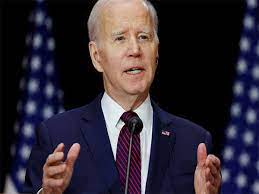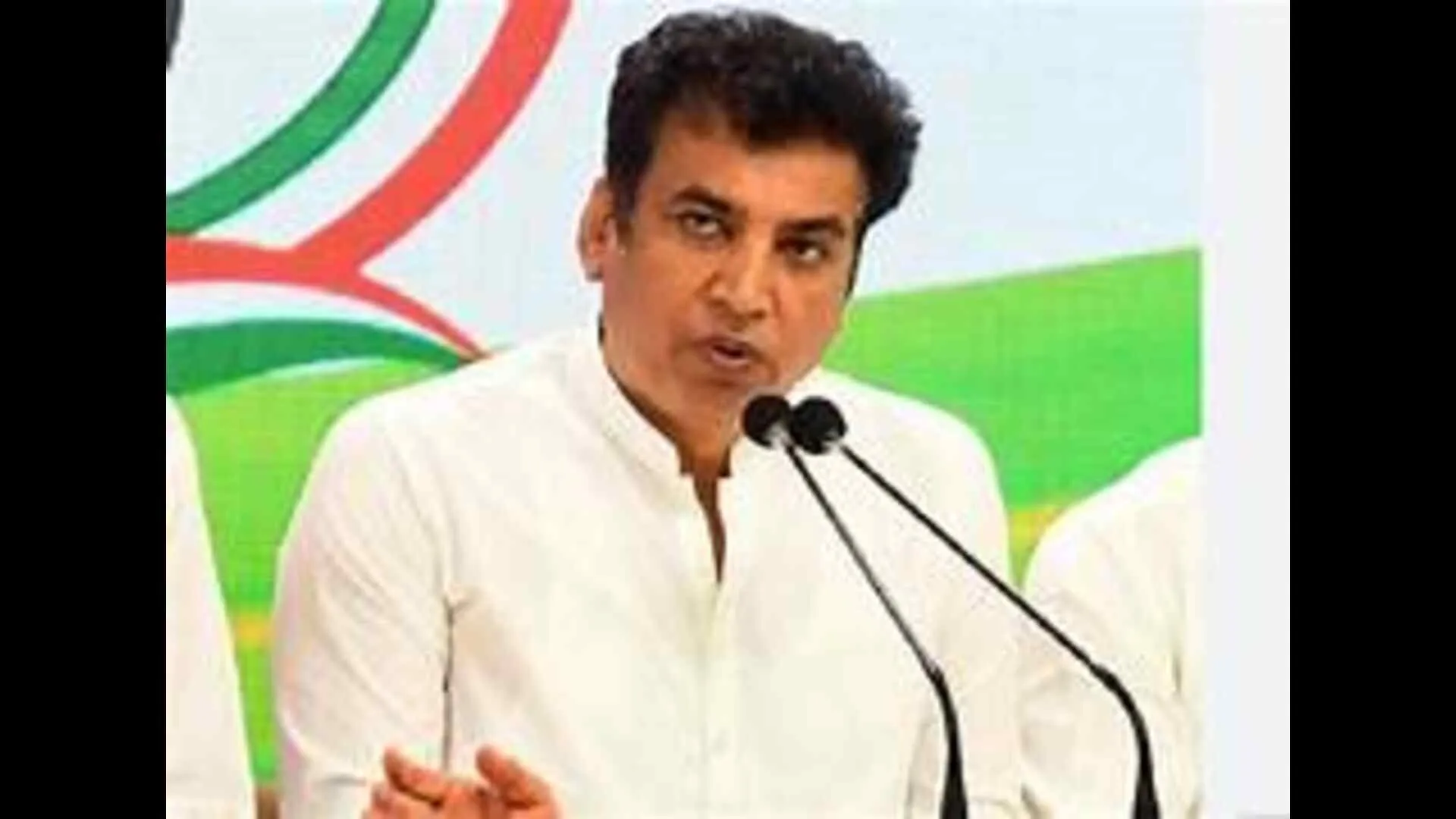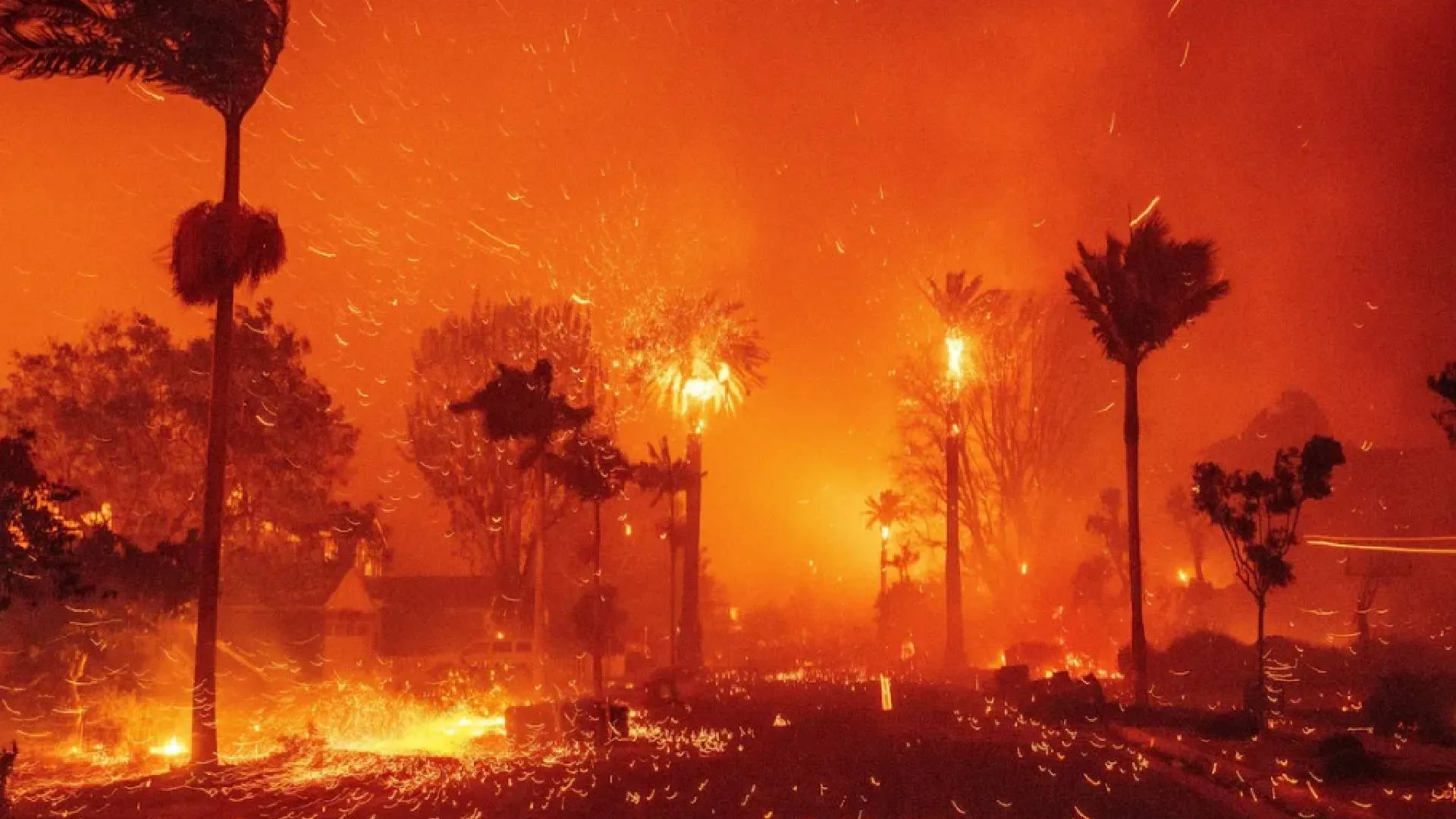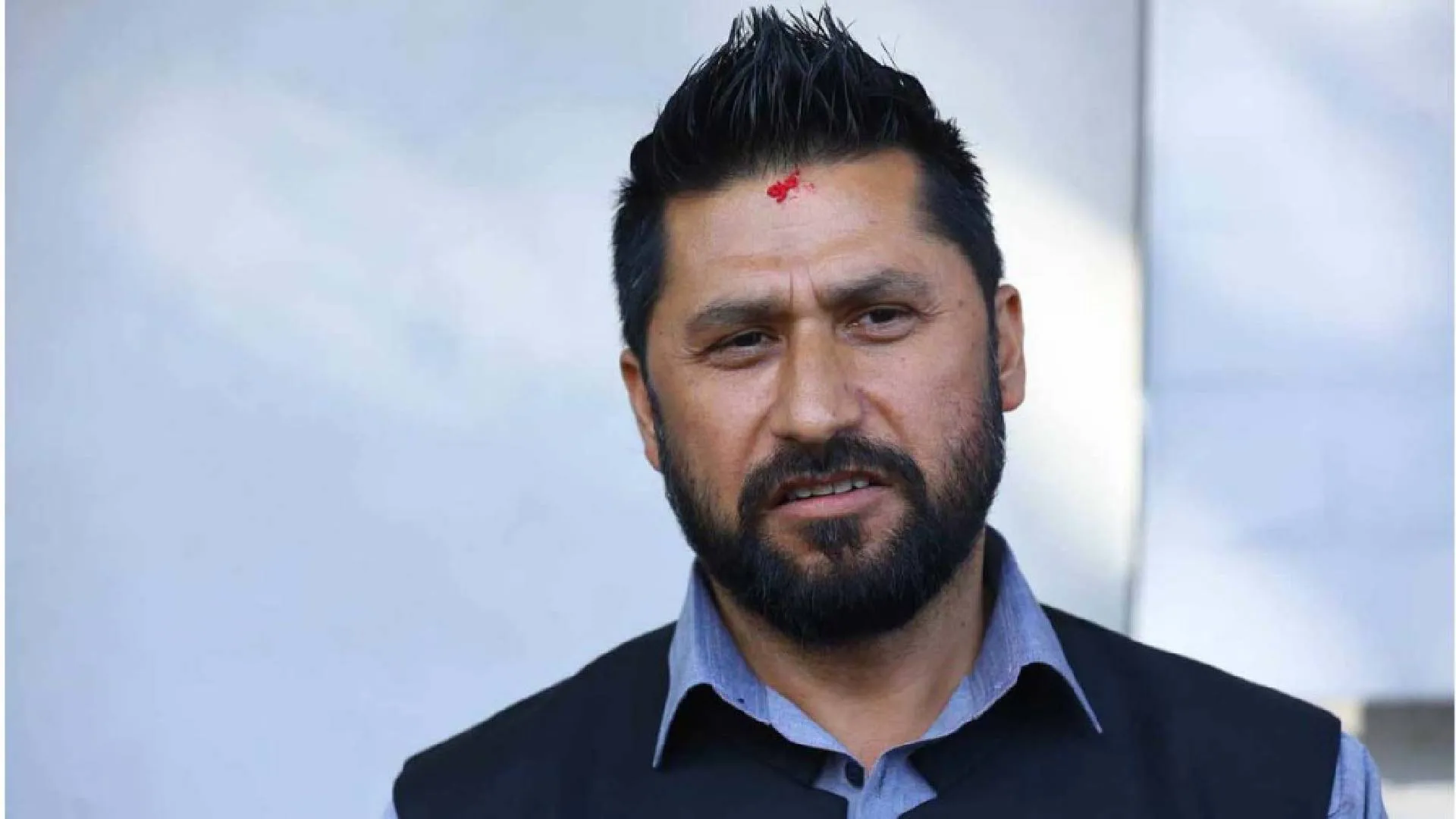US President Joe Biden has cancelled his planned trip to Australia and Papua New Guinea. However, Biden will attend the Group of Seven (G7) Summit scheduled to take place in Hiroshima, Japan this week. “President Biden will return to the United States on Sunday, following the completion of the G7 summit, in order to be back for meetings with Congressional leaders to ensure that Congress takes action by the deadline to avert default. The President spoke to Prime Minister Albanese earlier today to inform him that he will be postponing his trip to Australia. He also invited the Prime Minister for an official state visit at a time to be agreed by the teams. The President’s team engaged with the Prime Minister of Papua New Guinea’s team to inform them as well,” a statement by White House Press Secretary Karine Jean-Pierre, read.
“We look forward to finding other ways to engage with Australia, the Quad, Papua New Guinea and the leaders of the Pacific Islands Forum in the coming year,” the statement added.
Earlier, the White House indicated the cancellation of Biden’s trip which was reported in US media.
John Kirby, the White House national security spokesperson, said that Biden would depart for Japan on Wednesday as scheduled, but a subsequent stop in Australia is being re-evaluated.
“We’re working through, thinking through, the rest of the trip right now,” Kirby said, as he noted Biden would meet India’s Prime Minister Narendra Modi and Australia’s Anthony Albanese at the G7 anyway in Hiroshima, Japan.
“We’re re-evaluating the rest of the trip right now. We will make proper notifications if there are changes made to the rest of the trip. Given where we are right now, it’s also incredibly prudent and responsible for the President to take a look at the rest of the trip and evaluate whether it makes sense going forward,” said Kirby.
“We’ll see where it goes…We are going to reevaluate the rest of the week after the G7, and we’ll see where it goes. If the trip gets truncated or changed or modified in any way, it should be nothing more than a statement of the President putting his priorities where he believes they need to be,” said Kirby.
Kirby stressed that Biden would be meeting with Japanese Prime Minister Fumio Kishida at the G-7 Summit in Hiroshima. He will also engage with the prime ministers of India — Narendra Modi — and Australia — Anthony Albanese — while he is at the economic gathering, Kirby said.
“We’re reevaluating the rest of the trip right now,” Kirby added.
Biden was to attend a three-day summit of G7 leaders starting on Friday. Afterwards, he was to make a brief, historic stop in Papua New Guinea, then travel to Australia for a meeting of Japan, Australia, India, and the US grouping known as the Quad countries.
He was also scheduled to attend a summit in Sydney alongside the leaders of India, Japan and Australia, collectively known as the Quad.
The development comes amid the United States government’s debt ceiling crisis which has not been resolved yet.
Republican and Democratic lawmakers have failed to reach an agreement to lift the USD 31.4 trillion debt ceiling, as negotiations continue.
Treasury has cautioned the government could default as soon June 1, an outcome that could have dire consequences for the economy, if no deal is made.
The negotiations on raising the nation’s borrowing limit in order to avert a historic default is yet to be resolved.
The effects of an American default would reverberate throughout an already unsteady global economy.
The White House had made clear that defaulting on US obligations would have damaging effects that stretch well beyond economic concerns.
“That would certainly, from a national security perspective, have a detrimental effect,” said Kirby earlier on a potential US default.
“Certainly in terms of our reputation and standing around the world, it sends a horrible message to nations like Russia and China who would love nothing more than to be able to point at this and say: ‘See? The United States is not a reliable partner, the United States is not a stable leader of peace and security around the world,'” he added.

















